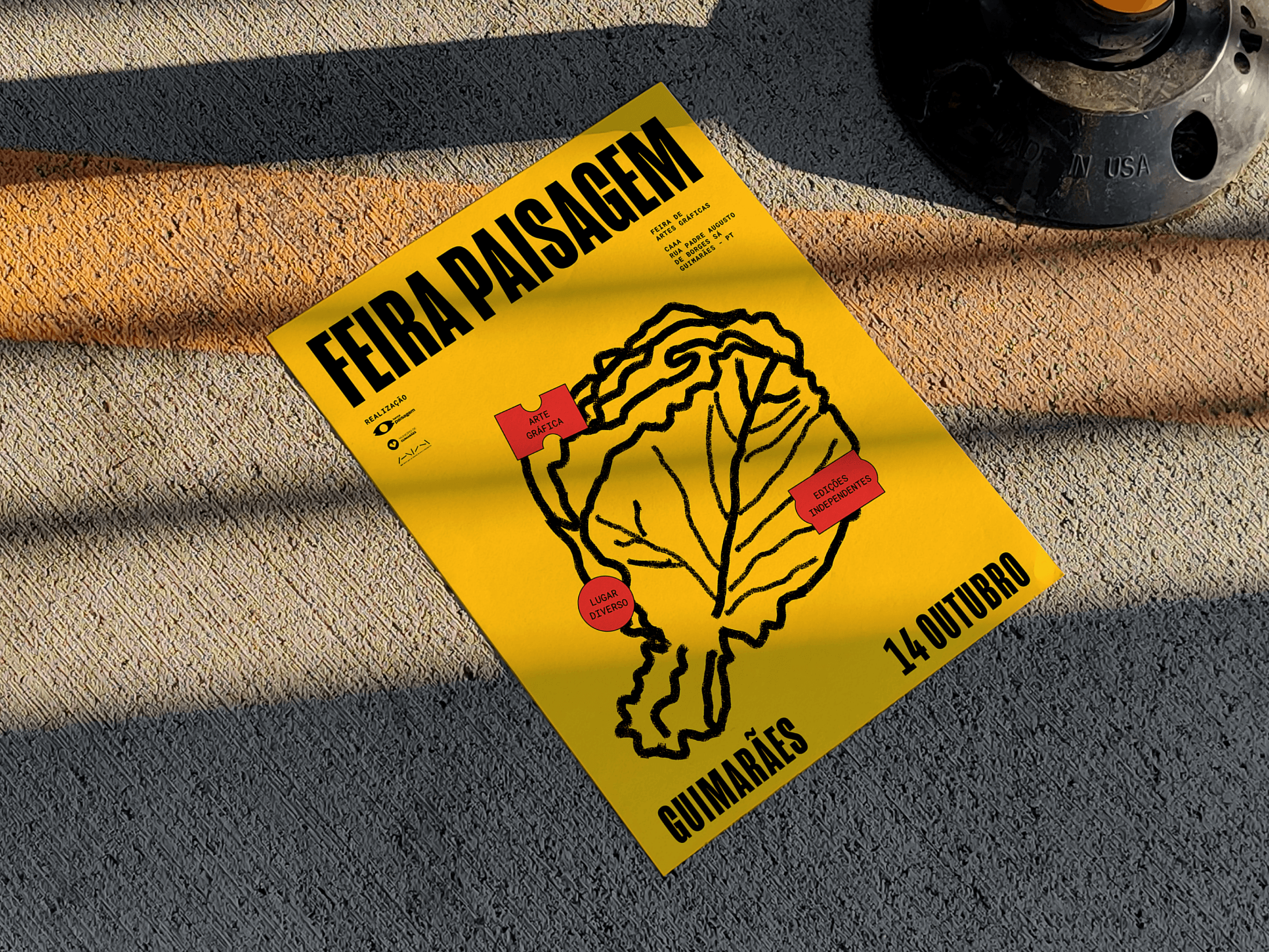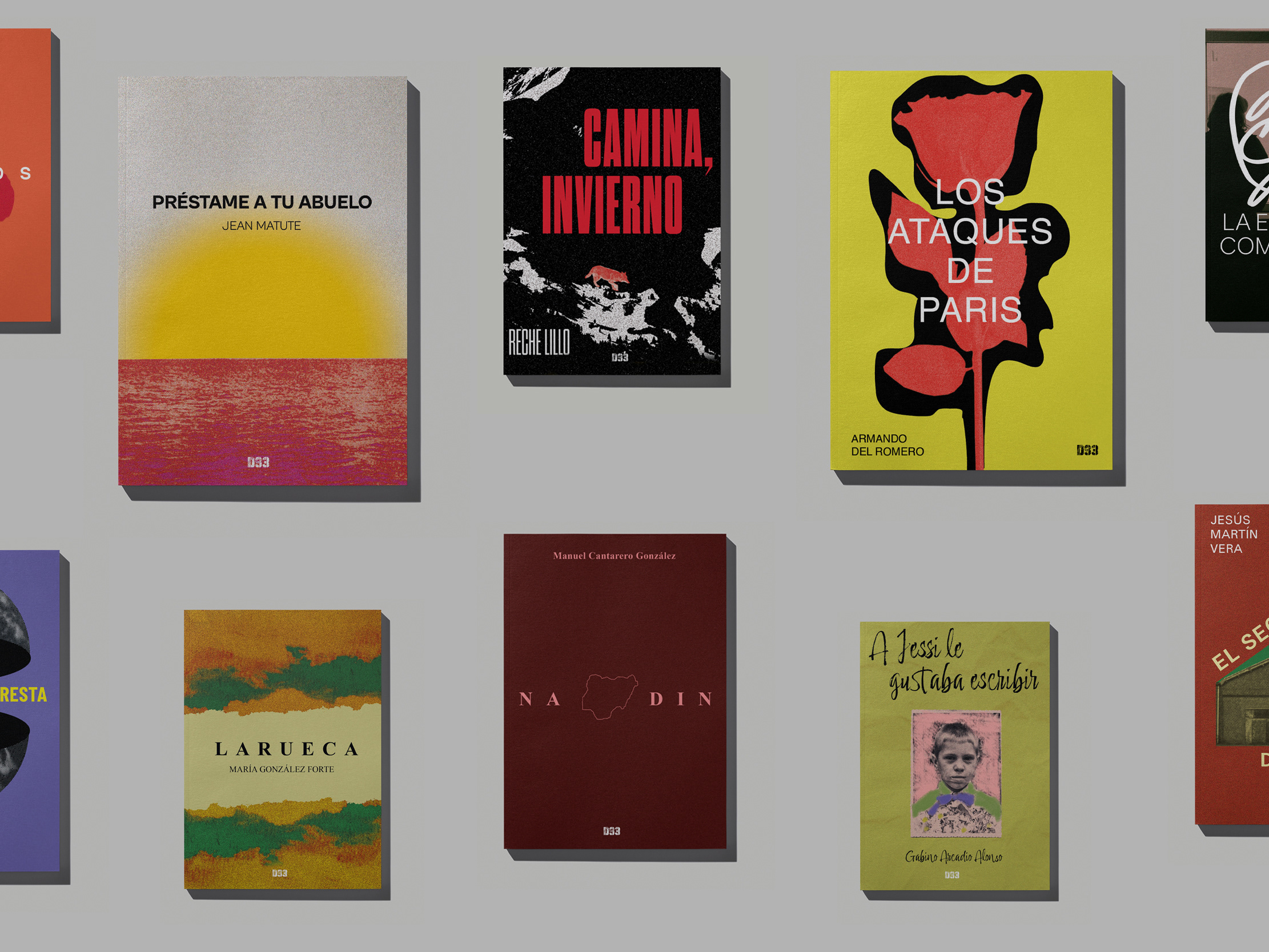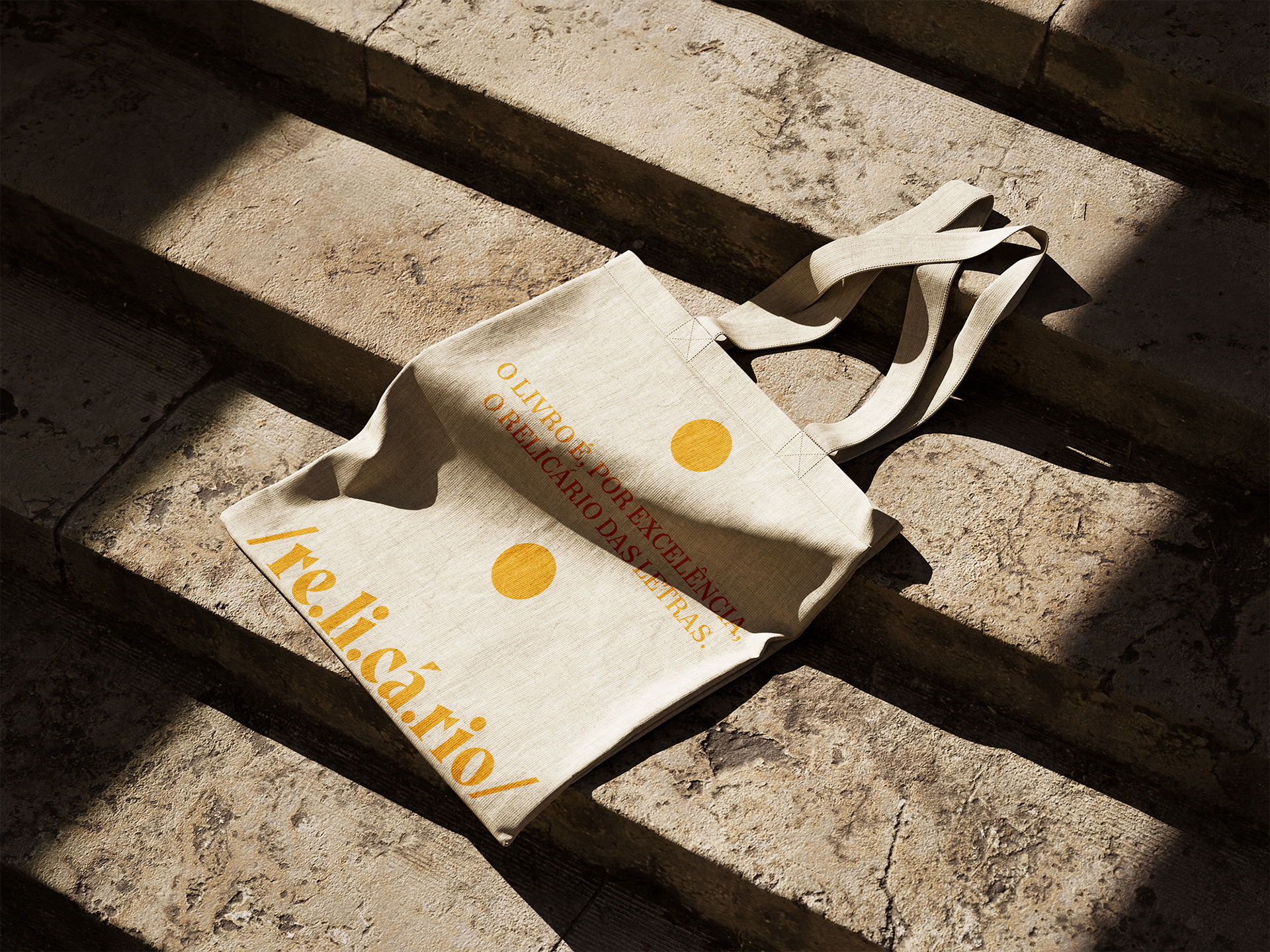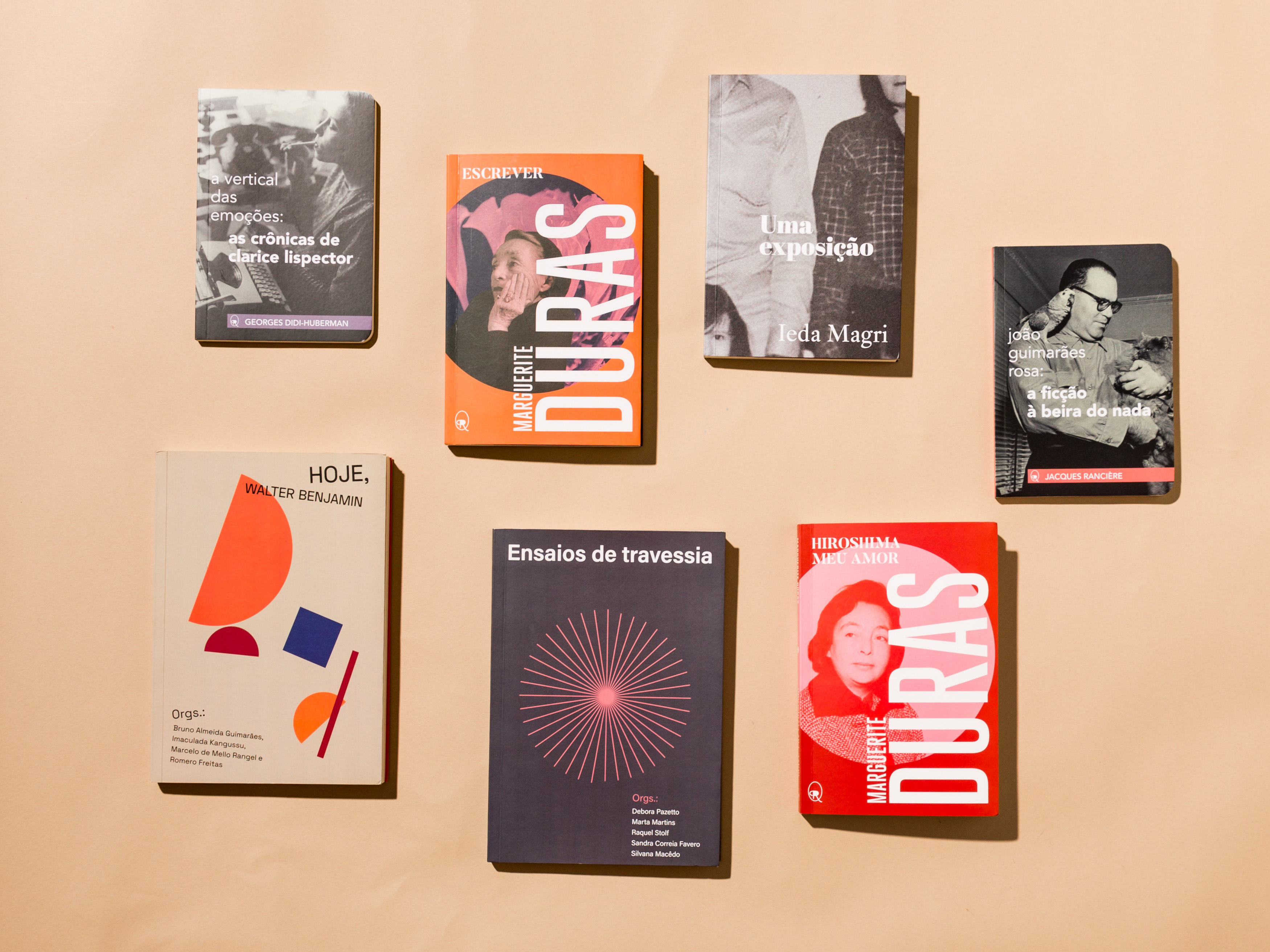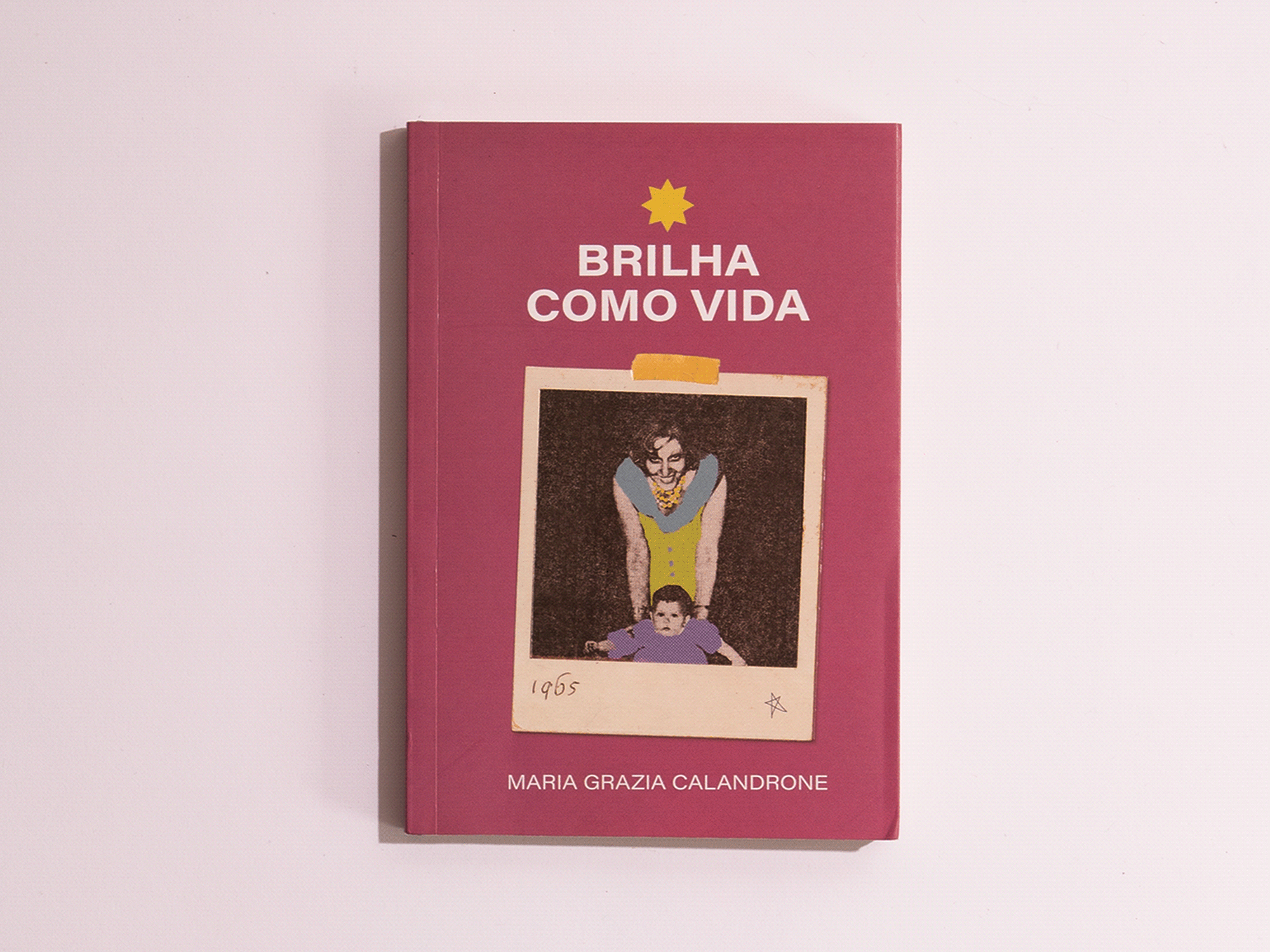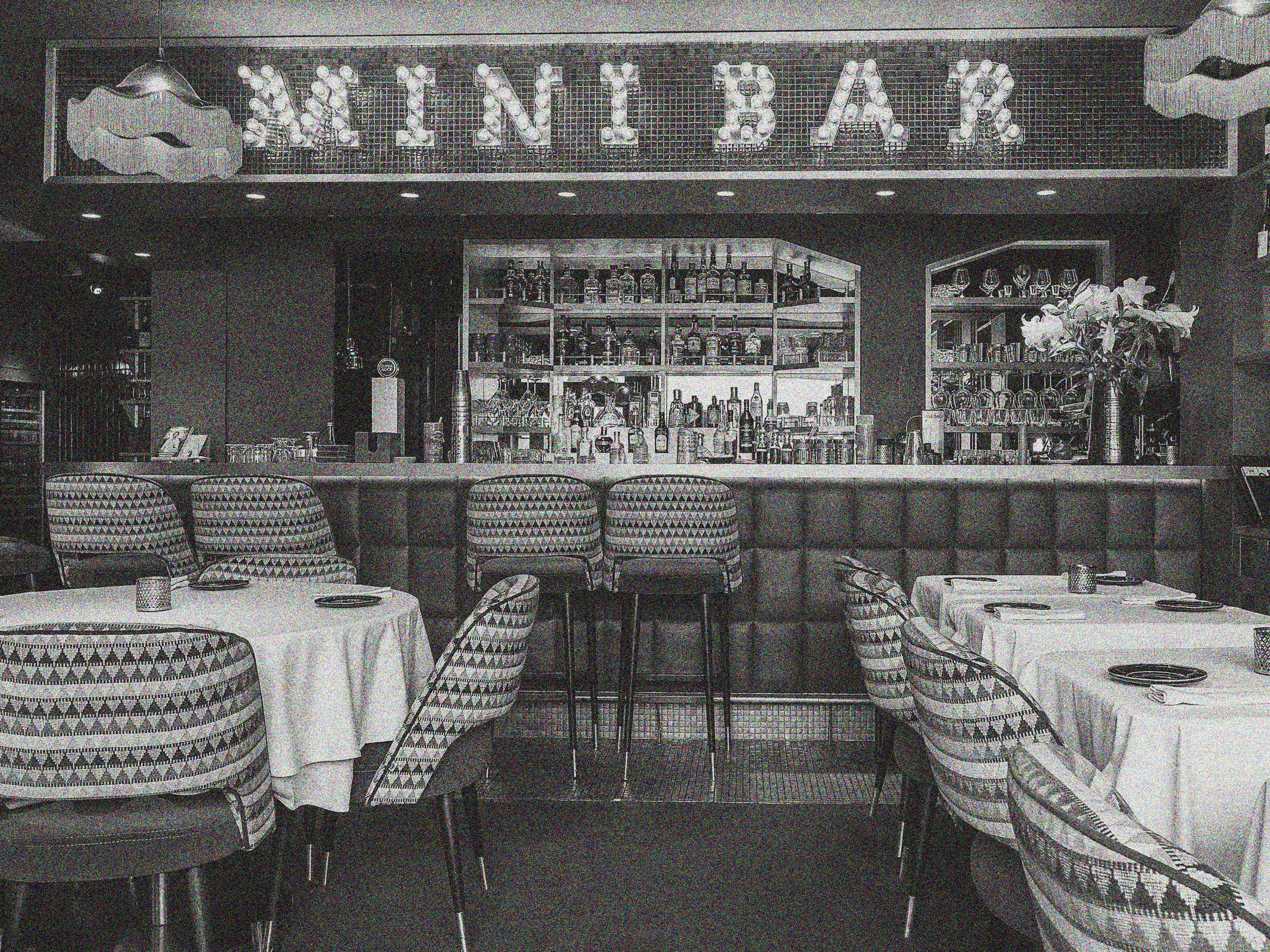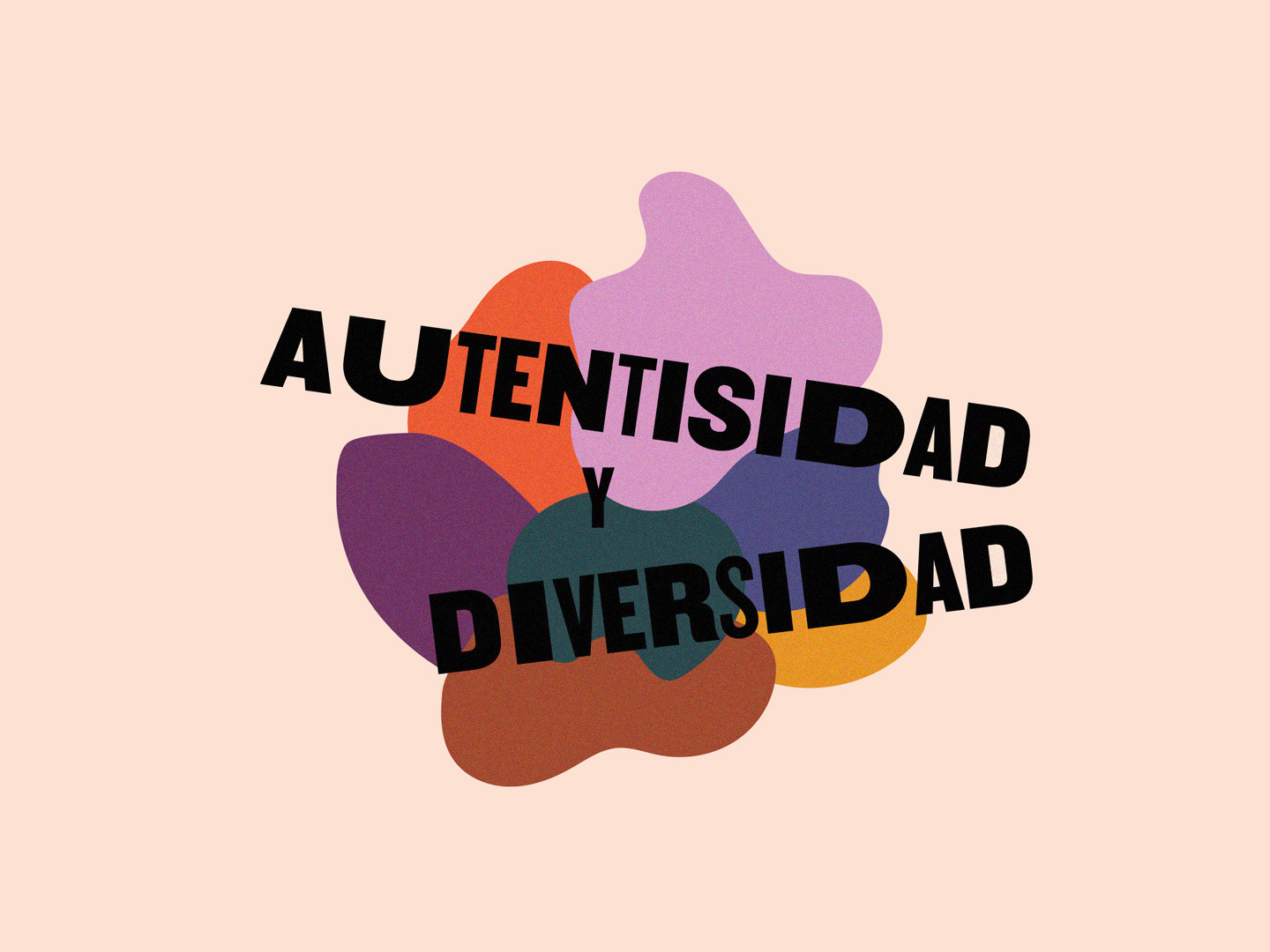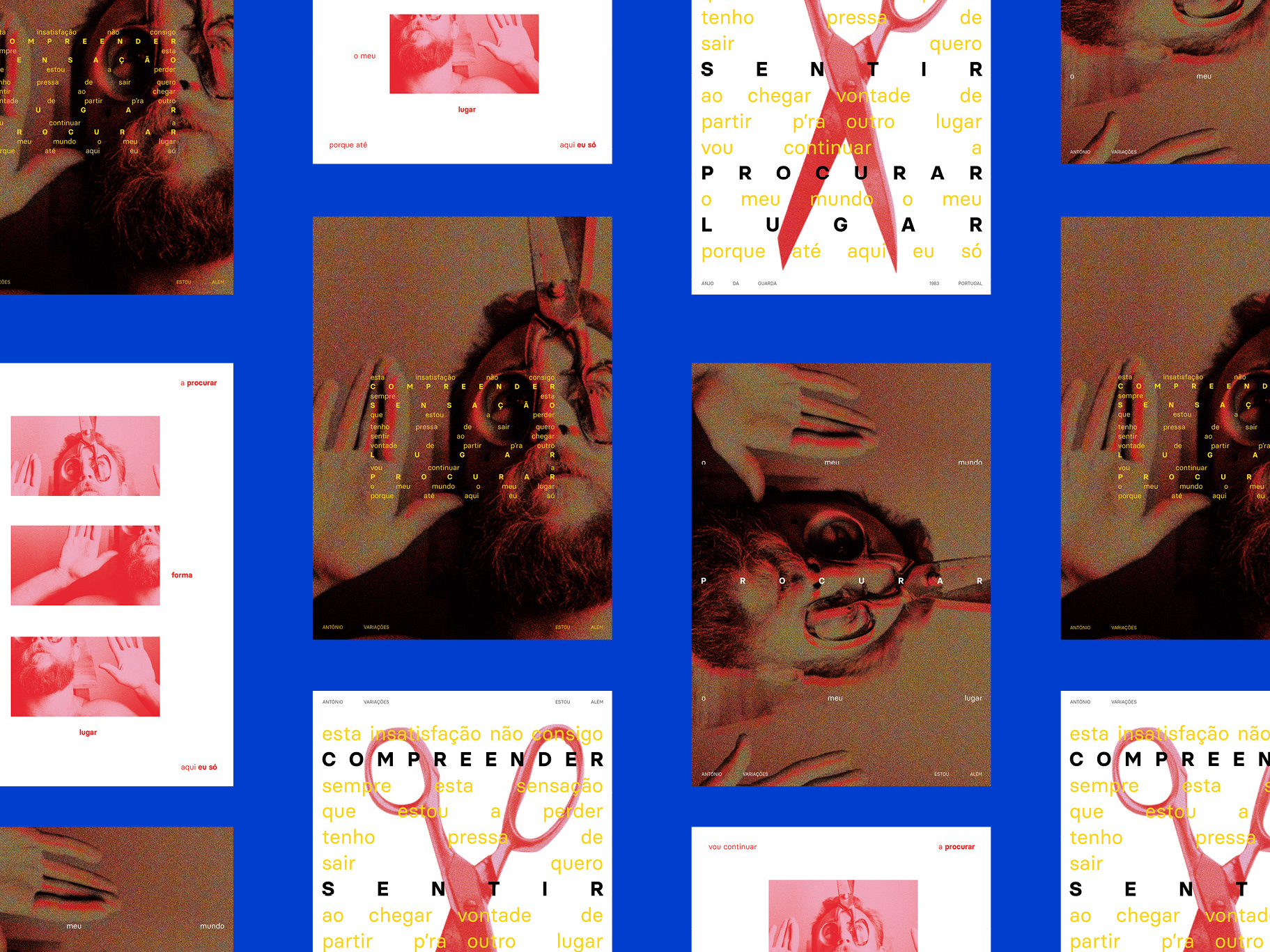Dissertação: Tamires Mazzo Cid
Orientador: Rui Vitorino
Coorientadora: Sofia Ponte
[PT] O objetivo deste trabalho é compreender a feminização da imigração das mulheres da América do Sul que vivem ou viveram na cidade do Porto. Além disso, o presente estudo culmina em um projeto editorial, o livro “Histórias que Contam as Marés”, que contém algumas histórias de vida de oito mulheres imigrantes da América do Sul, uma vez que esta dissertação também traz a problemática da importância do livro como um objeto democrático de comunicação e de manifestação artística.
A partir disso, para contar devidamente as histórias de vida das mulheres imigrantes entrevistadas, o livro se apresenta como um objeto que possibilita a representatividade das mulheres e também da produção feminista, além de trazer a experiência material e imaterial das vivências contidas nas histórias. Apesar deste estudo ter um caráter social, ele também procura compreender o livro objeto como um potente artefato editorial gráfico, que possibilita múltiplas experimentações. Entende-se o livro não apenas como um disseminador de conhecimento, mas como um extraordinário objeto para produção gráfica e artística, pois, mesmo com as evoluções, o livro objeto mantém-se presente também como objeto de estudo e transcende a relação entre forma e conteúdo.
[EN] The objective of this project is to understand the feminization of immigration of South American women who live or have lived in the city of Porto, Portugal. Furthermore, this study culminates in an editorial project, the book “Histórias que contam as marés” (Stories the tides tell), which contains some life stories of eight immigrant women from South America, since this dissertation also brings the matter of the importance of the book as a democratic object of communication and artistic manifestation.
From this point of view, in order to properly tell the life stories of the immigrant women interviewed, the book presents itself as an object that enables the representativeness of women and also of feminist production, in addition to bringing the material and immaterial experience of the experiences contained in the stories. Although this study has a social character, it also seeks to understand the book-object as a powerful graphic editorial artifact that enables multiple experimentations. The book is understood not only as a disseminator of knowledge, but also as an extraordinary object for graphic and artistic edition, because, even with evolutions, the book-object also remains present as an object of study and transcends the relationship between form and content.
Nosso NORTE é o SUL
García, América Invertida, 1943. Frase original:”Nuestro norte es el sur”
OBRIGADA! ¡GRACIAS! THANK YOU
All rights reserved. No replication or copying without authorization.
Fotos por Lucas Menezes | Photos by Lucas Menezes
